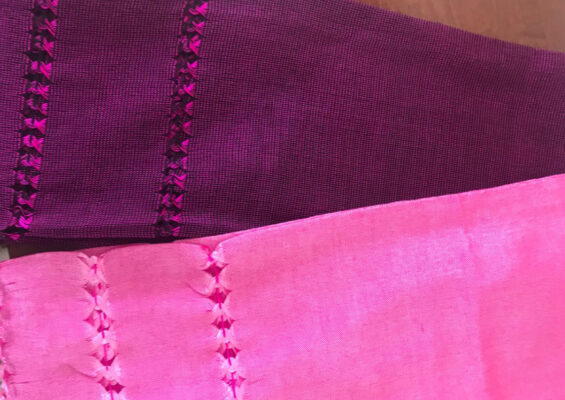
Who are we?
Carmen del Rio was created to take the diversity and richness of Mexico’s millenarian cultures and to recognise the tenacity of Mexican craftmakers to preserve their cultural roots.
We seek to promote the true Mexican identity by being aware of the impressive culture dating back to prehispanic times Mexico possesses.
SPIRITS CATALOG >
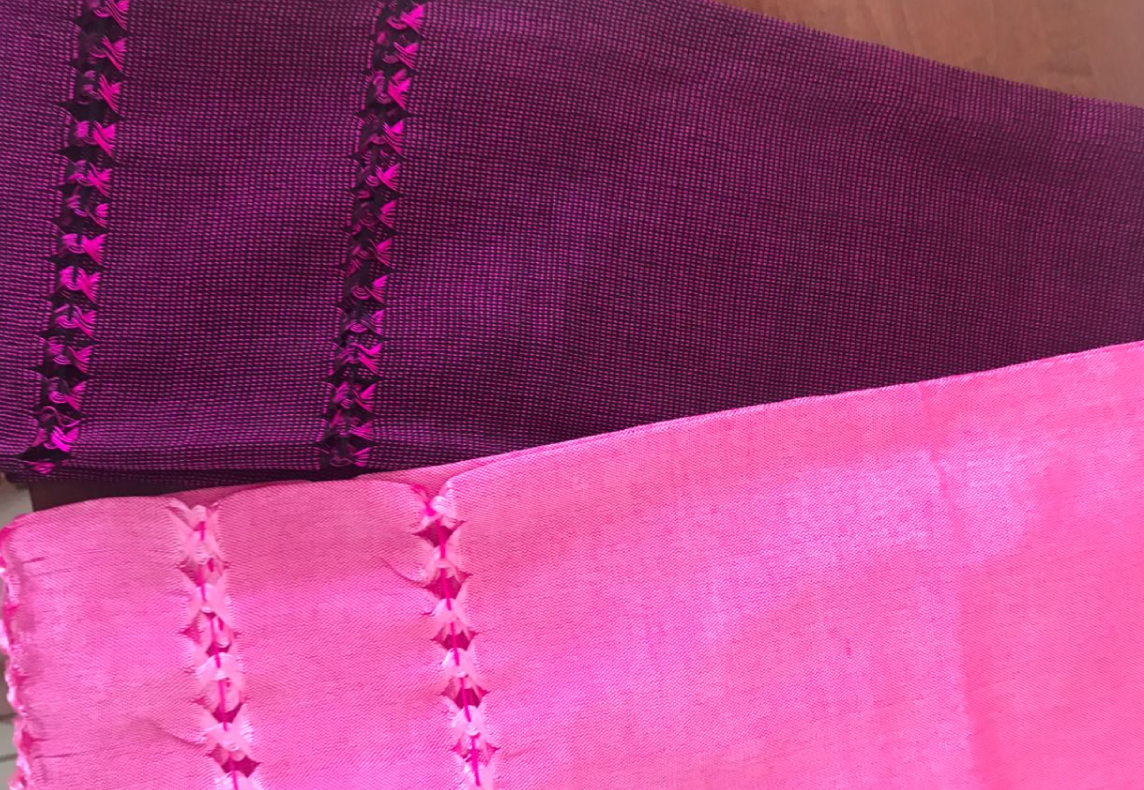
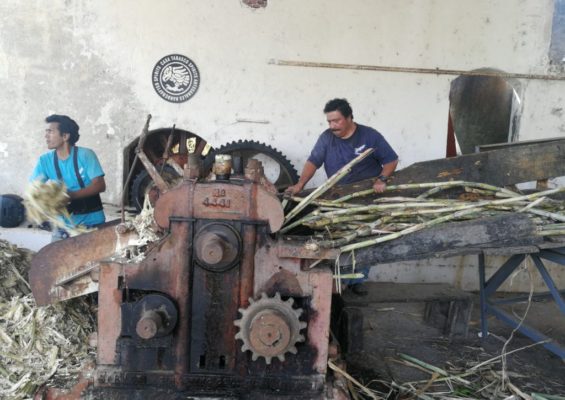
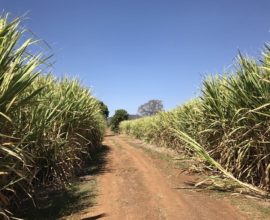
Our commitment
We aim to recognise the hard labour of every single Mexican craftsman and preserve their traditions that have been passed from one generation to another.
We have also partenered with Local producers to bring you the best selection of Mexican Artisanal Spirits.
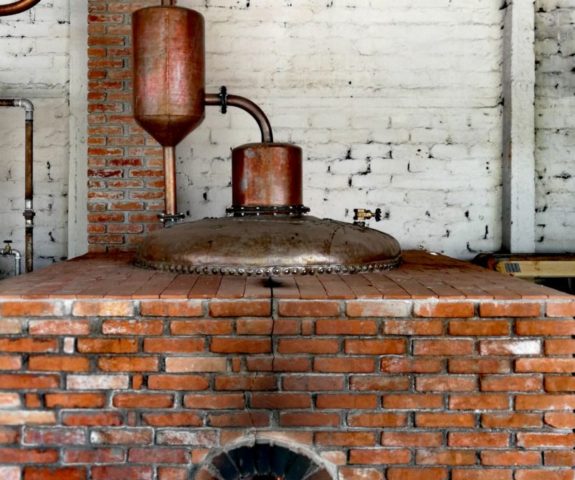
Our Team
We are a group of Mexicans committed to promote spirits, culture and traditions of Mexico

Enrique Coss A.

Marco Antonio Ochoa

Carlos E. Méndez

Erika Fernanda Cortes
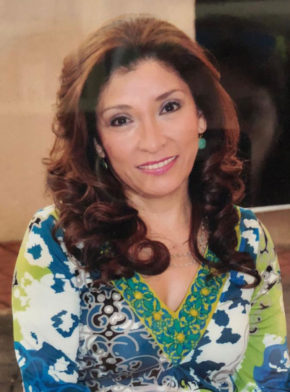
Patricia Butron
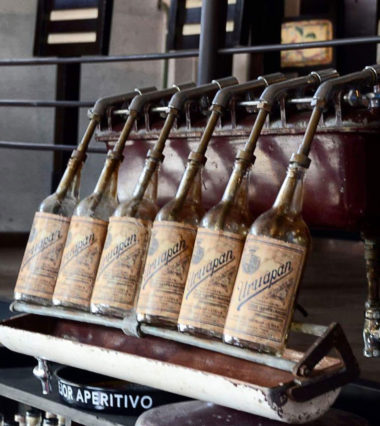
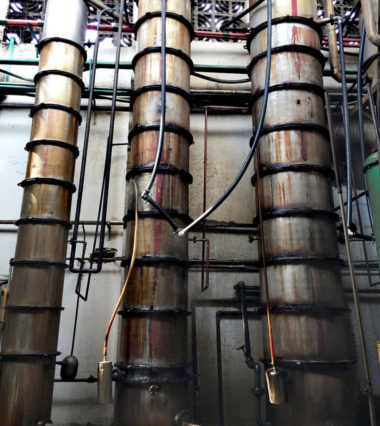
Charanda
A Mexican handcrafted Rum
Charanda is an alcoholic spirit made of sugarcane, similar to rum
Typically, the beverage is associated with the central region of Michoacan, Mexico, particularly the Purépecha-populated areas in the vicinity of the prominently agricultural City of Uruapan.Charanda comes from the Charanda hill called ‘Cerro de la Charanda’ where the first distillery was built in the region. Charanda is a term in Purepecha language meaning ‘red-colored soil’.
Our spirits are obtained through the distillation and rectification of sugar cane cold-extracted and then fermented juices. The result is a colorless crystalline spirit. When stored and aged in oak or encino barrels the spirit acquires hues of amber. Certain tonalities of blue are seen in Premium distillations from handpicked sugarcanes when a maceration process is added. Buttery sweet in taste, similar to vanilla. It is usually served at room temperature.
Charanda was granted protection with a declaration of ‘Denominación de Origen Protegida’ in 2003 (in English: Protected Designation of Origin or PDO), following the normative regarding the quality of the sugarcanes used in the production, the characteristics and types of the final product, as well as the methods of extraction and production.
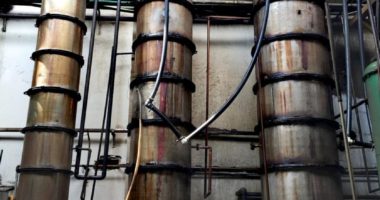

Charanda
A Mexican handcrafted Rum
Charanda is an alcoholic spirit made of sugarcane, similar to rum
Typically, the beverage is associated with the central region of Michoacan, Mexico, particularly the Purépecha-populated areas in the vicinity of the prominently agricultural City of Uruapan.Charanda comes from the Charanda hill called ‘Cerro de la Charanda’ where the first distillery was built in the region. Charanda is a term in Purepecha language meaning ‘red-colored soil’.
Our spirits are obtained through the distillation and rectification of sugar cane cold-extracted and then fermented juices. The result is a colorless crystalline spirit. When stored and aged in oak or encino barrels the spirit acquires hues of amber. Certain tonalities of blue are seen in Premium distillations from handpicked sugarcanes when a maceration process is added. Buttery sweet in taste, similar to vanilla. It is usually served at room temperature.
Charanda was granted protection with a declaration of ‘Denominación de Origen Protegida’ in 2003 (in English: Protected Designation of Origin or PDO), following the normative regarding the quality of the sugarcanes used in the production, the characteristics and types of the final product, as well as the methods of extraction and production.
The Mask
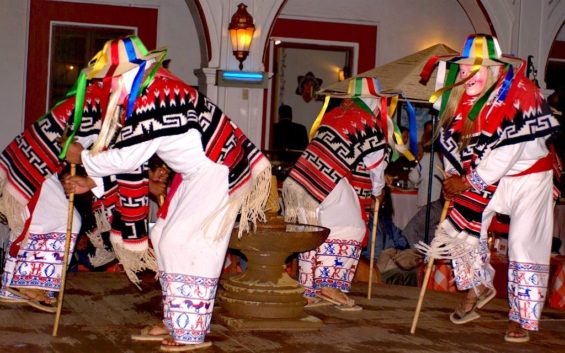
Is a symbol of the Wisemen Dance or Danza de los Viejitos which is said, began as a dance in the Purepecha Region. The men that perform this dance are known as “Danzantes” or “Dancers.”
This ritual dance is performed by full members of the Purepecha community to represent fire, water, earth and air. They should be four dancers because there are four colors that make corn which is red, yellow, white and blue. The dancers request for good harvest, communication with spirits, and to learn about the past or to predict the future.

Who are we?
Carmen del Rio was created to take the diversity and richness of Mexico’s millenarian cultures and to recognise the tenacity of Mexican craftmakers to preserve their cultural roots.
Our commitment
We aim to recognise the hard labour of every single Mexican craftsman and preserve their traditions that have been passed from one generation to another.
We have also partenered with Local producers to bring you the best selection of Mexican Artisanal Spirits.
Our Team
We are a group of Mexicans committed to promote spirits, culture and traditions of Mexico
Charanda
A Mexican handcrafted Rum
Charanda is an alcoholic spirit made of sugarcane, similar to rum
Typically, the beverage is associated with the central region of Michoacan, Mexico, particularly the Purépecha-populated areas in the vicinity of the prominently agricultural City of Uruapan.Charanda comes from the Charanda hill called ‘Cerro de la Charanda’ where the first distillery was built in the region. Charanda is a term in Purepecha language meaning ‘red-colored soil’.
Our spirits are obtained through the distillation and rectification of sugar cane cold-extracted and then fermented juices. The result is a colorless crystalline spirit. When stored and aged in oak or encino barrels the spirit acquires hues of amber. Certain tonalities of blue are seen in Premium distillations from handpicked sugarcanes when a maceration process is added. Buttery sweet in taste, similar to vanilla. It is usually served at room temperature.
Charanda was granted protection with a declaration of ‘Denominación de Origen Protegida’ in 2003 (in English: Protected Designation of Origin or PDO), following the normative regarding the quality of the sugarcanes used in the production, the characteristics and types of the final product, as well as the methods of extraction and production.
The Mask
Is a symbol of the Wisemen Dance or Danza de los Viejitos which is said, began as a dance in the Purepecha Region. The men that perform this dance are known as “Danzantes” or “Dancers.”
This ritual dance is performed by full members of the Purepecha community to represent fire, water, earth and air. They should be four dancers because there are four colors that make corn which is red, yellow, white and blue. The dancers request for good harvest, communication with spirits, and to learn about the past or to predict the future.

